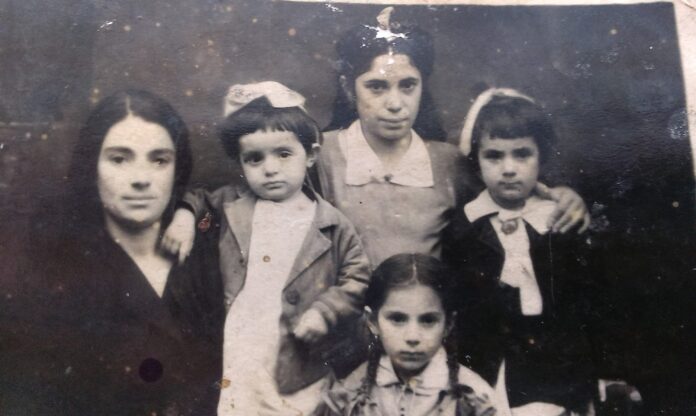Author: Irina Levin
Affiliation: Associate Director, The Melikian Center for Russian, Eurasian, and East European Studies, Arizona State University, USA
Organization/Publisher: Studies in Ethnicity and Nationalism
Date/Place: October 18, 2021/ New Jersey, USA
Type of Literature: Analysis
Number of Pages: 17
Link: https://onlinelibrary.wiley.com/doi/full/10.1111/sena.12352
Keywords: Turkey, Russia, Ahıska, Nationalism
Brief:
Amid Turkey-Russia tensions after the Second World War, one of the ethnic groups of Turks called Ahıska Turks was forced to migrate by the government of Stalin. Stalin saw these Turks as a security threat. Since the early 1990s, they have continued arriving in Turkey. This paper analyzes how the Ahıska Turks invoke migration to Turkey as a sense of patriotism and nationalism. The author also examines their criticism for the state’s responses of calling them insufficient nationalists. Throughout their migration process, they have faced more foreignness than the non-Turkish others who are arriving as refugees from different parts of the Arab world and yet are given a privilege of citizenship. There is a longing among this group to be included in the Turkish state. The author introduces the article with a skit where the Arab students are issued residence permits while the Ahıska family is kept waiting. A report by Hulya Dogan concludes that the image of the ancestral homeland and the contemporary migration regime in Turkey operates so that the territorialized attachment of Ahıska Turks to Turkey is astonishing. The dreams of Ahıska Turks to settle down in their ancestral homeland are dashed by the bureaucratic realities of residence permits and work permits.
By: Ruby Clayton, CIGA Research Associate




